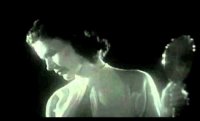Mike Sonksen: Poetry Meets Activism
P&W-supported spoken-word artist Mike Sonksen, author of I am Alive in Los Angeles, blogs about poetry and activism.
Whether MFA candidates, avant-garde scribes, spoken-word artists, or traditional poets, there are more bards alive now than ever before. But, what exactly does it mean to be a poet? I think of a quote from Los Angeles poet Kamau Daaood. Daaood told Erin Aubry Kaplan in the L.A. Weekly, "When people run to open mics these days, it's mostly about ego–getting fifteen minutes... I [see] it as a jam session, swapping ideas, getting inspiration from other people."
 In 2005, Daaood's The Language of Saxophones was published by City Lights Booksellers & Publishers. Daaood never pursued being published because he was too busy working in the community. Daaood has performed for more than four decades at festivals, galleries, jazz clubs, churches, schools, prisons, or wherever duty calls.
In 2005, Daaood's The Language of Saxophones was published by City Lights Booksellers & Publishers. Daaood never pursued being published because he was too busy working in the community. Daaood has performed for more than four decades at festivals, galleries, jazz clubs, churches, schools, prisons, or wherever duty calls.
Another poet with the same commitment is Lewis MacAdams. MacAdams studied with Robert Creeley at the University of Buffalo in the 60s and hung with New York School poets. MacAdams became an environmental activist/poet in Bolinas, California, during the 70s and was a fixture at the San Francisco State University's Poetry Center. In 1980 MacAdams landed in L.A. There he discovered the Los Angeles River, and was outraged by the concrete channel housing the watershed. He decided to begin a forty-year performance piece dedicated to returning the river to its natural state.
One night in 1986 he performed a suite of poems dedicated to the Los Angeles River while being dressed up as a totem of flora and fauna specific to the river. This was the birth of the Friends of the Los Angeles River (FoLAR). Twenty-five years after FoLAR's founding, the River has had several stretches restored back to its natural state. MacAdams started the river's resurrection with poetry. His new book Dear Oxygen, published by the University of New Orleans Press collects forty-five years of his life's work. MacAdams like Daaood has spent a lifetime using poetry to improve his community. Their work reminds me of the benchmark for which poets should aim.
Photo: Mike Sonksen. Credit: Chris Felver.
Major support for Readings/Workshops events in California is provided by The James Irvine Foundation. Additional support comes from the Friends of Poets & Writers.






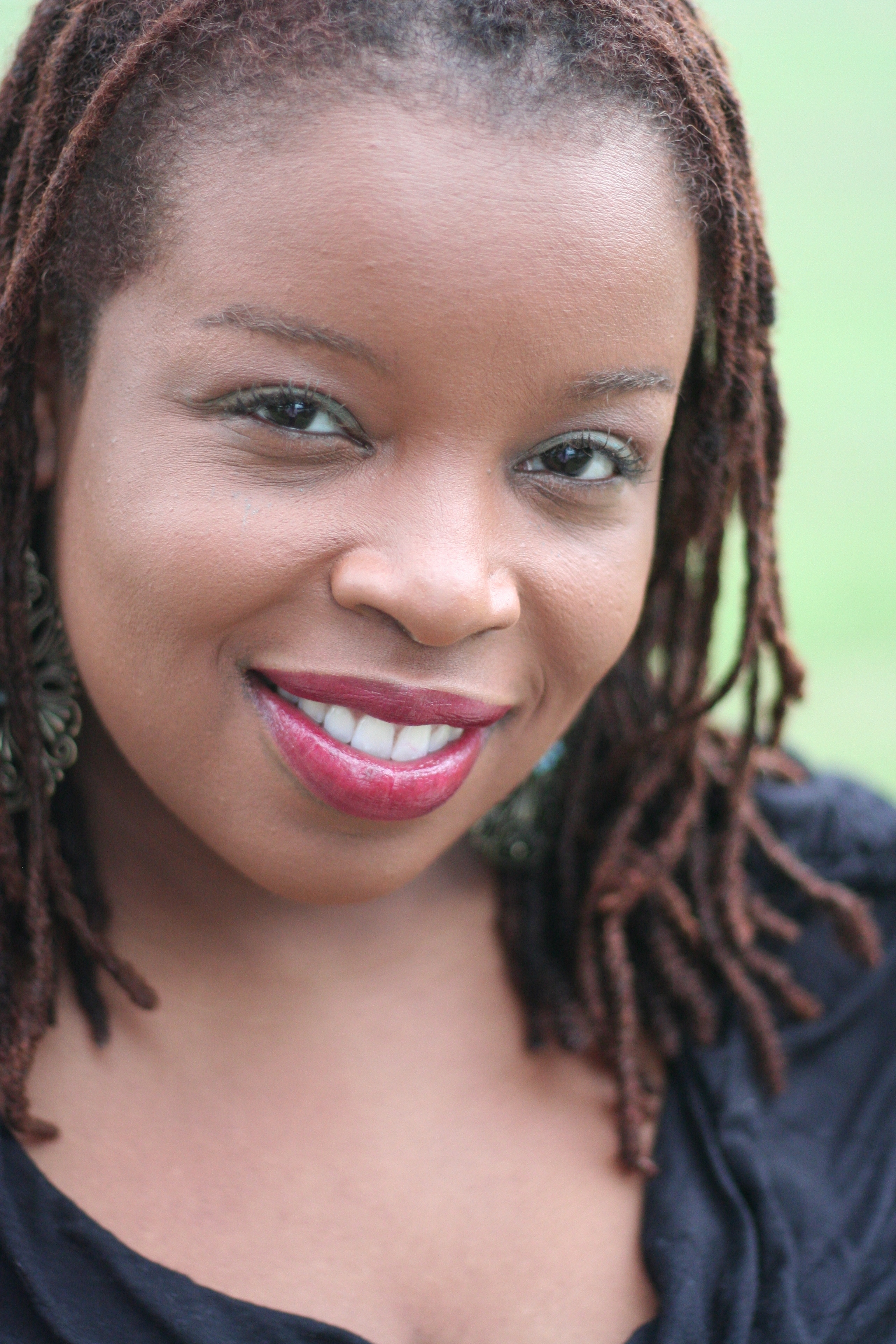 Pinkie Gordon Lane. I'm told she was a gentle woman, a painter, a nature and dog lover, a writer, and a demanding instructor. Her poems walk a lyrical tightrope, never falling into sentimentality.
Pinkie Gordon Lane. I'm told she was a gentle woman, a painter, a nature and dog lover, a writer, and a demanding instructor. Her poems walk a lyrical tightrope, never falling into sentimentality.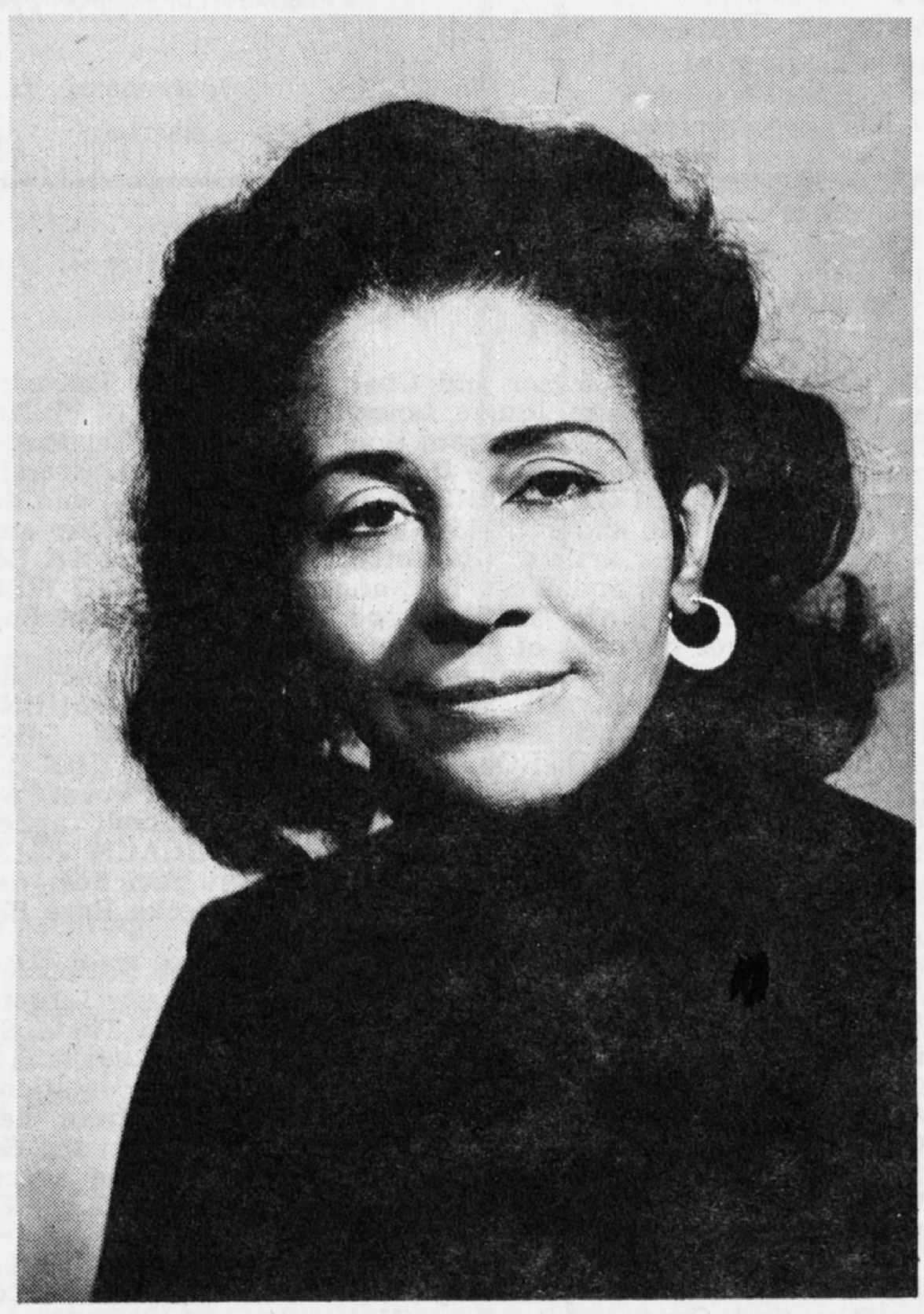 Her poem, "Lyric: I am Looking at Music," was featured in the 1997 motion picture,
Her poem, "Lyric: I am Looking at Music," was featured in the 1997 motion picture, 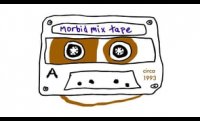

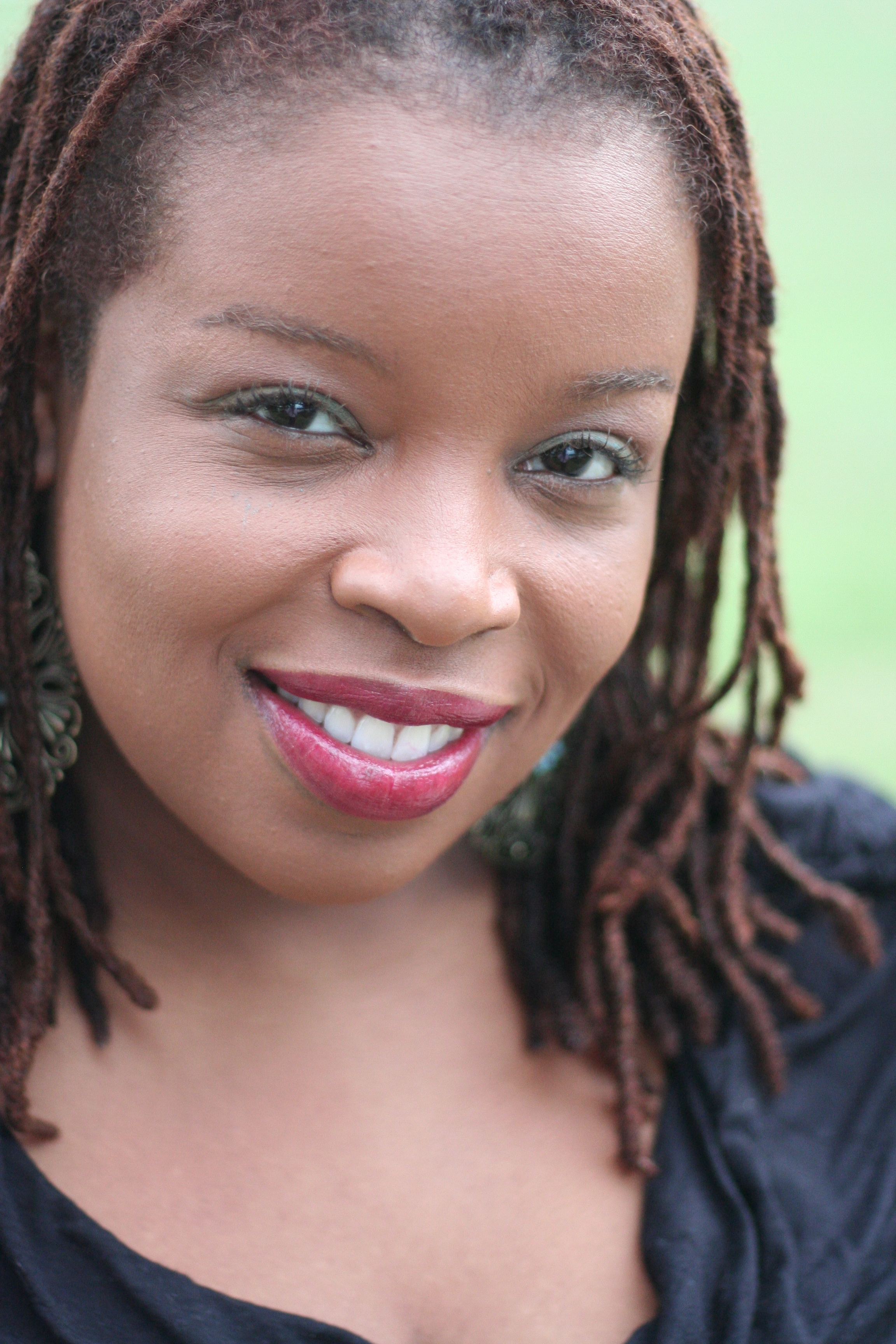 New Orleans is not a quiet place. It occupies you. Since moving from the Midwest (Cleveland, Ohio) to the South, I've had to adjust how I write. Some family members have wondered how I could be a candidate for marriage because I seemed eerily comfortable as a loner. My husband is always amazed at how often I leave my phone at home on purpose. There's a reason... I'm easily distracted. With so many stimuli, I wonder how poets find useful silence.
New Orleans is not a quiet place. It occupies you. Since moving from the Midwest (Cleveland, Ohio) to the South, I've had to adjust how I write. Some family members have wondered how I could be a candidate for marriage because I seemed eerily comfortable as a loner. My husband is always amazed at how often I leave my phone at home on purpose. There's a reason... I'm easily distracted. With so many stimuli, I wonder how poets find useful silence.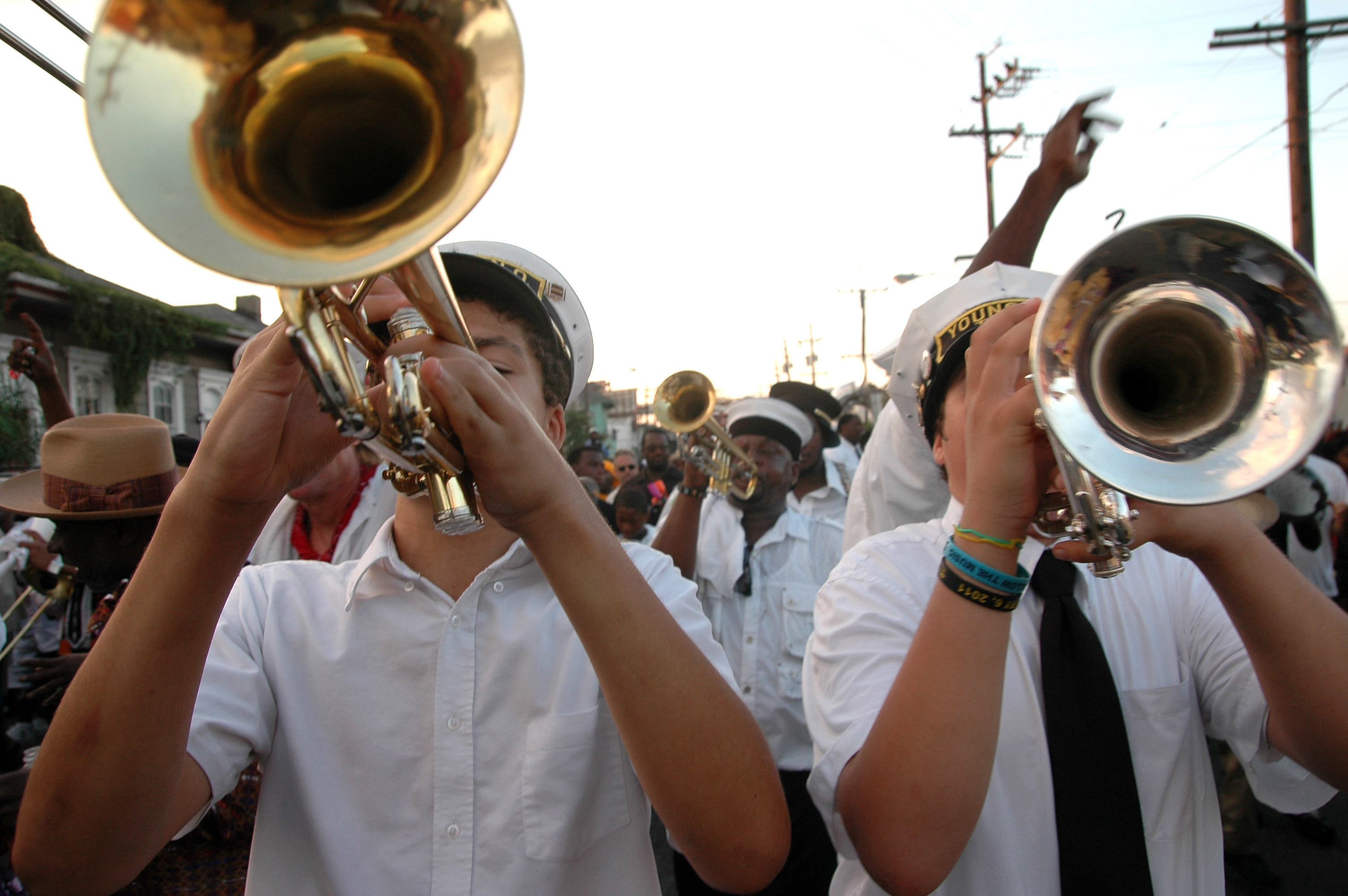 The Moonwalk: This paved sidewalk beside the Mississippi River has nothing to do with Michael Jackson. It's called the Moonwalk in honor of former mayor Maurice "Moon" Landrieu. From here you see the Crescent City Connection Bridge connect the east and west banks of the city.
The Moonwalk: This paved sidewalk beside the Mississippi River has nothing to do with Michael Jackson. It's called the Moonwalk in honor of former mayor Maurice "Moon" Landrieu. From here you see the Crescent City Connection Bridge connect the east and west banks of the city. 